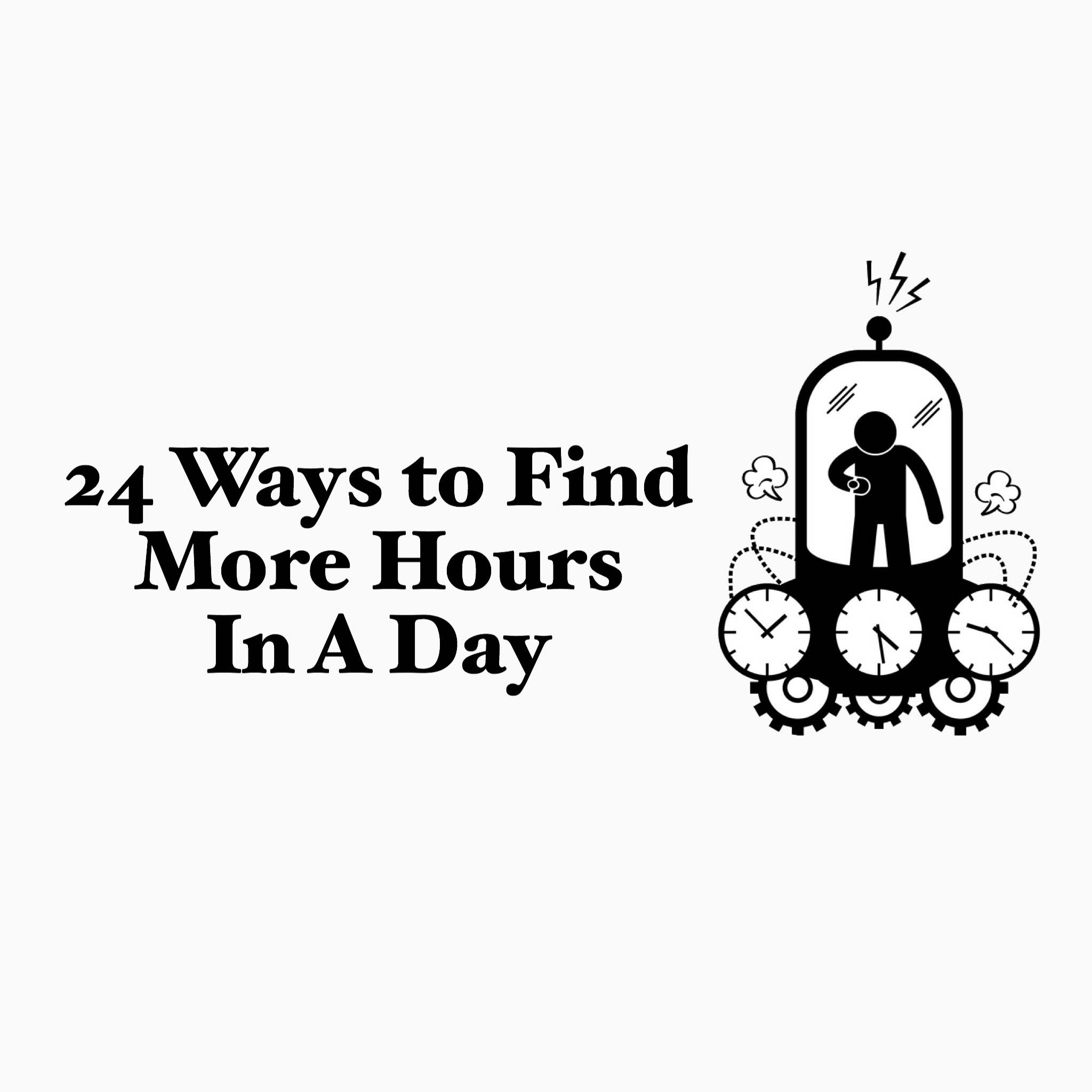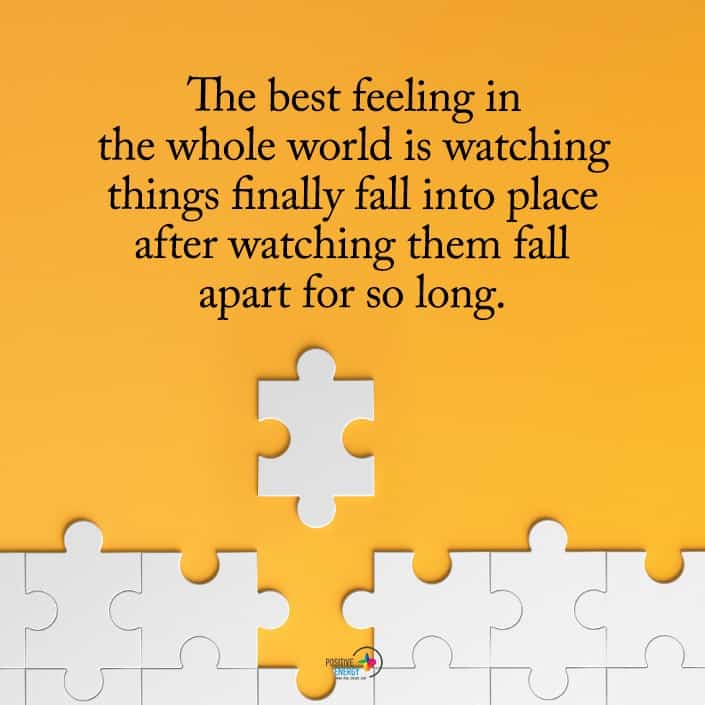Our lives are busy, and overscheduled and there is never enough time in the day to get what we need done, done. So many of us struggle with two or more jobs, running kids from one activity to another, and just trying to fit it all in. Wouldn’t it be nice to find some extra time?
Since adding hours to the day won’t happen anytime soon, it’s time to try some strategies to get our time back.
24 Ways to Find More Hours In A Day
1. Say no more often.
Finding more time might come down to saying no to things that don’t lend value. It’s up to us to stop the automatic yes and start being more protective of our schedule.
2. Identify time wasters.
In a day where binge-watching entire seasons of television shows is a thing, identifying time wasters can add many hours to a day. In addition to TV, look at the internet, social media, and game habits.
3. Find the priorities of each day.
Knowing our priorities makes it easy to identify and eliminate those activities that aren’t.
4. Pad the schedule.
It’s easy to fill a daily schedule with work activities, household chores, and errands. A full schedule doesn’t allow for unexpected challenges without disrupting the day. Padding the time needed for each event allows the unexpected to happen and keeps everything running smoothly.
5. Combine and consolidate.
Evaluate your weekly schedule and find places to combine and consolidate your to-do list. Instead of running errands throughout the week, take an afternoon and do it all at once. Or, instead of tackling emails as they arrive, set a time to answer them in batches. Consolidate and become more efficient while saving time.
6. Eliminate or shorten meeting times.
While not possible for everyone, minimizing meeting times or, at the very least, making them more efficient will add valuable time to the day.
7. Change your routine.
Habits keep us going most of the time, but it’s possible to grow out of a routine. Create a more efficient one.
8. Phone more.
Email and texting have become the norm for communication, but so much gets lost in translation. A 2-minute phone conversation is more efficient than a chain of ten emails trying to clarify a problem.
9. Use email more efficiently.
If email is necessary, use it wisely. Send it only to the people that need it, and keep one thought per email. It will help keep things clear and concise.
10. Shorten your to-do list.
Sometimes our to-do lists are so long it’s impossible to complete. And in trying to complete them, we focus more on crossing things off. Which means we can overlook the most important items. Try making a to-do list of the three biggest priorities for the day.
11. Start big.
Tackle the biggest task first. We often procrastinate our time away, trying to avoid things that will take a lot of time or are more difficult. By crossing them off the to-do list first, our day will be easier as we go, and as a bonus, we’ll feel more accomplished
12. Delegate or outsource.
For some reason, we get it into our minds that we must do everything ourselves. The reality is, we should be spending time on the things we enjoy and that are in our area of expertise. Delegate or outsource everything else when possible.
13. Disconnect.
Simply disconnecting every day will give us time back. It’s addicting and a huge time drain when we are connected to our computers, phones, tablets and other devices all day long. Disconnect and bring some quiet and calm back to the day.
14. Shut the door.
Eliminate distractions by shutting the door and focusing on the task at hand. It takes much longer to complete a task when we are constantly being interrupted by visitors, the phone, email notifications, and open browser tabs. Close them all down and do the work.
15. Keep a clean workspace.
Spending time finding a file and locating notes make it hard to be efficient. Create a place for everything and put everything in its place.
16. Reclaim bridge time.
Bridge time is the time spent between appointments. It’s too little to start something new, and too much to just let it pass. Use this time to return calls, emails, manage files, or shred. This is a great time to do some small tasks that never seem to get done.
17. Get proper sleep.
It’s hard to be efficient and productive when we are tired and lack focus. Getting the proper rest will allow us to work smarter, giving us back lost time.
18. Become a morning person.
Morning hours are the most productive, provided we heed the number 17 above. Becoming a morning person allows us to get more done earlier in the day, giving us a more leisurely and less hectic afternoon and evening when fatigue usually sets in.
19. Handle things once.
Take instant action on tasks that take less than two minutes. Things like opening mail, paperwork, email, and voicemail. Read, answer, delete, and file. It’s surprising how much time will be added back into the day when you aren’t visiting something more than once.
20. Remember the value of your time.
Time is something you can never get back – once it’s gone, it’s gone. Imagine that 1 dollar goes into your pocket for every minute that passes. That’s 1,440 dollars per day. Would you want to miss, or waste the opportunity for any of these resources that could be used? Think of your time in this fashion and you’re guaranteed to value it more.
21. Repeat Affirmations
Some people say that things are “more easier said than done”. We truly believe that when things are more often said, they become done much easier. You will surely find “free time” coming out of the woodwork when you repeat positive affirmations and put a positive association with time. Try repeating these affirmations daily:
I make the best of my time because it is truly valuable!
I am efficient. Time is on MY side!
Every precious second of my time is dedicated to thinking, feeling and doing my best!
I can accomplish all of my daily tasks. I am prosperous in time!
22. Remember that no matter what time it is, it is always NOW.
No matter what time it is, how much time you have left, or how much time there is to go, it is always happening NOW. You can’t go back, and you can’t leap forward – the time you have is always the present moment. When you learn to live in a present presence, you’ll quickly see that you can only manage this very moment. Digest this knowledge, and you’ll see a laser sharp focus come into view.
23. Stop multitasking
Physiologically, the human brain is not designed to process more than one thing simultaneously. Actually, to be more specific, the human brain is incapable of effectively handling more than one task. What is taking place is the “switching” of one task to another. In other words, there is no “multi” anything going on. This switching from one task to another is harmful to the brain’s natural makeup.
24. Remember that you have as much time as anyone else.
What do Bill Gates, Benjamin Franklin, Nikola Tesla, and every other epic person who ever lived all have in common? They all had the same amount of time to get things done. Realizing that you’ve got the same amount of time as the people who get the biggest and most things done will help put into perspective that everyone has the same 24 hours, they use their time well.













